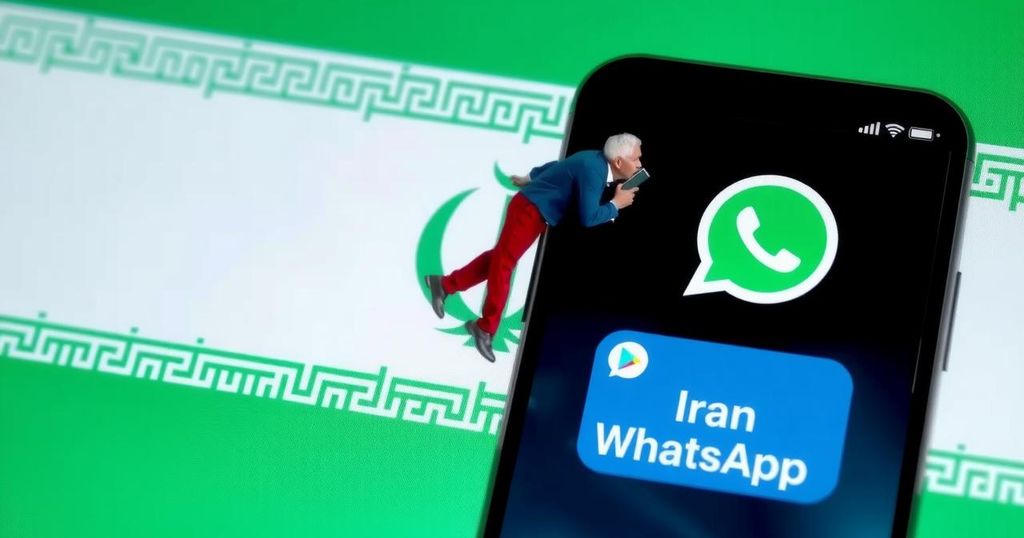Iran has lifted bans on WhatsApp and Google Play, marking a potential shift towards less restrictive internet policies. This decision aligns with the government’s commitment to enhance online accessibility. Critics caution, however, that many barriers remain, and further measures are necessary to achieve a truly open digital environment.
On December 26, 2023, Iran’s Supreme Council of Cyberspace declared the removal of bans on WhatsApp and Google Play, which officials termed a preliminary measure towards reducing broader internet filters. This decision aligns with the current administration’s commitment to granting greater access to international online platforms. Ali Sharifi Zarchi from Sharif University of Technology described the move as an encouraging step forward, emphasizing the need for a systematic approach to alleviate the reliance on virtual private networks (VPNs) that have financially burdened Iranian families. However, critics argue that despite this initial adjustment, a substantial amount of restrictions remains, necessitating further action to ensure comprehensive internet freedom.
Iran has exhibited stringent internet controls since the early 2000s, blocking significant social media platforms and fostering the usage of VPNs, consequently creating an underground internet economy. The latest decision to ease restrictions on WhatsApp and Google Play marked a pivotal turn, reflecting a shift toward engaging with the global digital economy. With the parliament’s mixed reactions and notable public preferences for certain platforms, the future of internet regulations in Iran continues to be a contentious issue, as efforts for easing filters are met with political resistance within the country.
The lifting of bans on WhatsApp and Google Play signifies a hopeful shift in Iran’s internet policy, but substantial barriers to free online access remain. As governmental discussions continue regarding the future of internet restrictions, widespread public support for more accessible services appears evident. Moving forward, the Iranian administration faces the challenge of balancing legislative opposition against the public’s desire for a more open digital landscape, which could impact the nation’s economic prospects in the global arena.
Original Source: www.intellinews.com







